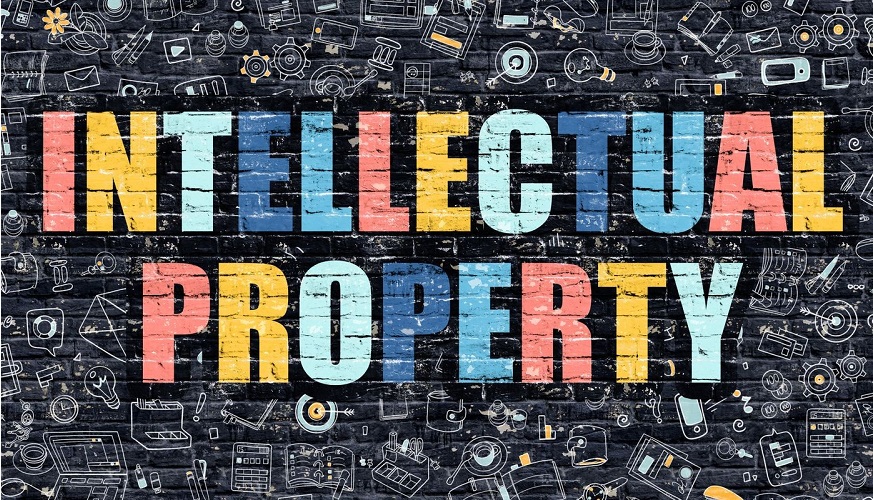Protecting The Intellectual Property Rights Of Your Business
Many businesses, large and small, are creative; by that, we are not just talking about those in the arts or fashion industries. Anything a company creates, from a product to its logo, can and should be protected, and this is something that your commercial lawyers can advise you on.
The umbrella under which designs, new technology, written material, artwork, branding, and so on can be placed is called intellectual property. Just as with any physical property you own, intellectual property can be stolen, and when that happens you have legal recourse which can be instigated by your commercial lawyer.
You could try to do so yourself, but given the complexities of the law relating to intellectual property, you want the experts to ensure that your rights are adequately protected. Part of those complexities is that different types of intellectual property are protected under different laws, and knowing which is which is something every business owner should know.
Whilst we will not turn anyone into a lawyer with the following information, at least we can better understand which protection you need for each of the three main areas of intellectual property.
Trademarks
If you think about some of the most famous trademarks in the world, such as the Nike swoosh or Ferrari’s prancing horse, you will understand why they are so fiercely guarded. In many cases, the trademark is instantly recognizable as defining the image of that company, and many customers buy the product based on simply being able to wear or be associated with the trademark.
Trademarks come in many forms and can include one or more numbers, letters, shapes, symbols, graphical representations, phrases, and even sounds. Brands take your marketing to a higher level and help to promote your business. They can also be used to protect your business name as trademarking it gives you the exclusive rights to use that name under Australian commercial law.
Patents
A patent can be applied for and registered for a whole range of items, and they grant a business the exclusive rights to produce, use, market, and sell them. Patents can be applied to physical products that have been invented and then manufactured. The patent for a particular product might include some of the technical data, information, and unique processes used to produce the product.
This also leads us to the fact that a patent does not necessarily have to be for something physically manufactured. They can apply to methods and processes that may not relate to production but to how something works. An example would be Bluetooth technology, which is not a specific product but is used in many devices.
Copyright
This is used to protect works such as music, writing, images, videos, and computer software, to name but a few. Anything your business creates that falls in these creative ideas can be copyrighted to prevent others from stealing it and claiming it to be their own creations.
In Australia, copyrights are covered under the 1968 Copyright Act, and one of its principles is that, unlike patents and trademarks, you do not need to register to claim copyright. In other words, it is automatic and costs nothing, so you can copyright any creative property you wish if you are the originator.




